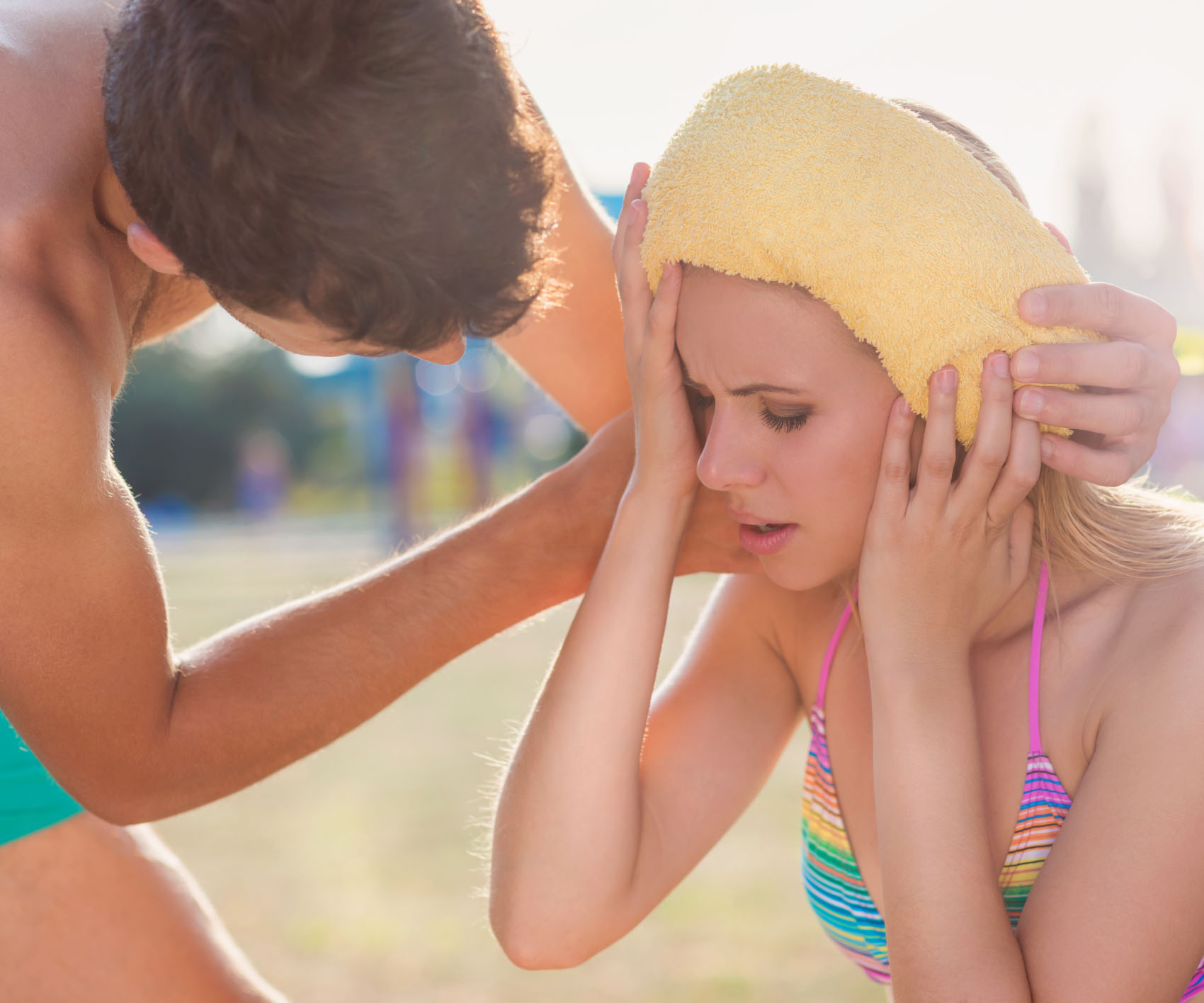Fact: four out of five Australians live in coastal areas.
And, really, why wouldn’t you? This Great Southern Land is home to some of the world’s most beautiful beaches and glittering bodies of water.
However, with this natural beauty comes bluebottles – and, if you’ve ever been stung by one, you’d know just how painful they are.
According to the Ambulance Service of New South Wales, blue bottle stings are common on our beaches particularly during high tides and when north-easterly winds blow.

This is what a bluebottle looks like up close.
(Credit: Supplied)When you’re stung by a blue bottle, the blue bottle’s tentacles will illicit a sharp sting when it touches you.
Unless you’re allergic or have a rare adverse reaction, your bluebottle sting will likely only cause you pain for 2-3 hours (first, the pain may feel intense, but then usually develops into a dull ache, which can spread to your joints) AND some simple first aid should have you back in the water in no time.
This is what you need to know if you, or someone you’re with, is stung by a blue bottle.
FYI, in the case of all medical emergencies, dial triple-zero (000) and ask for an ambulance.
WATCH BELOW: These are the top seven beaches in Australia. Story continues after the video.
How to treat a bluebottle sting
Do not rub the sting area. No, not even with sand.
Pick off any remaining tentacles with your tweezers or a gloved hand, if possible.
Rinse the area with seawater to remove any invisible stinging cells.
Run the area under hot water for 20 minutes. It used to be believed that ice was the best way to treat a bluebottle sting, but conclusive evidence over the last few years has shown hot water is a far more effective pain reliever.
Do not apply vinegar to the affected area.
If there is no hot water available, apply ice packs or wrapped ice.
And, of course, if pain persists, or if you experience nausea or fainting, seek medical advice.



